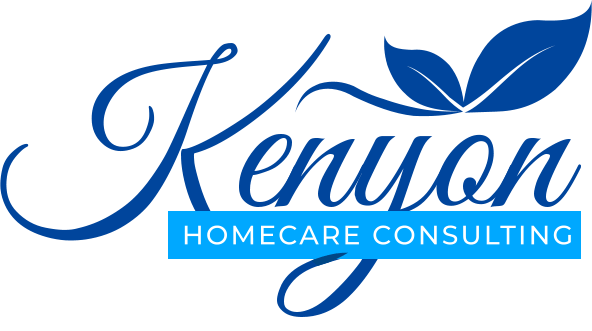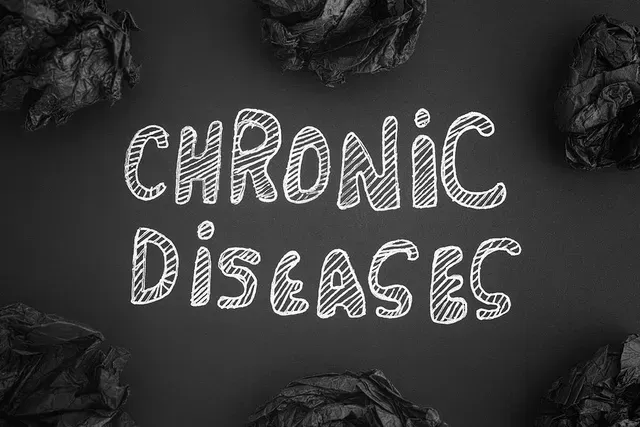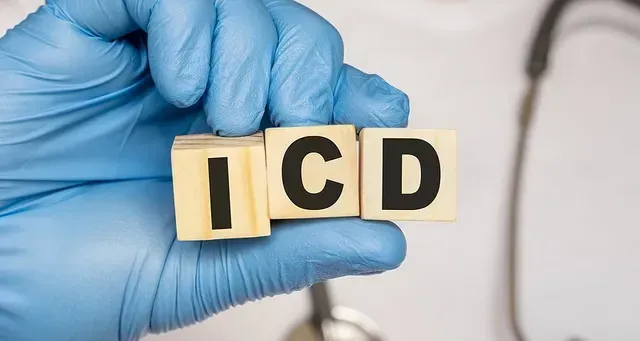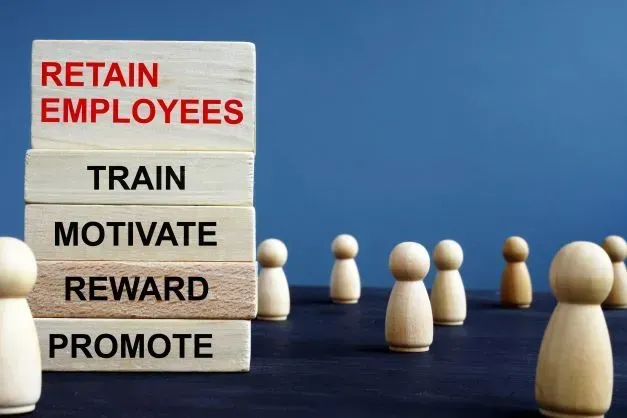When the Conditions of Participation changed, what changed in the role of your clinical manager? Nothing? Maybe the name changed from nursing supervisor to clinical manager? This needs addressed prior to PDGM. Business as usual can happen, but you aren’t going to be paid for it. Let’s look at true clinical management the way CMS wants it to be.
The Nature Of Clinical Management:
The mistake seen often in agencies is the term clinical management being confused with case management. Case management models had a nurse with a caseload of patients he or she handled from admission to discharge. The nurse made her schedule of visits based on the visit frequency in the care plan. That same nurse called insurance companies and got visit authorization and made sure someone could cover if she was off work. The of the clinical manager is a different story.
As CMS completed and continues with ongoing auditing, there is still a disconnect with managing patient care as a whole. Enter the requirement of clinical manager. CMS wants to see the nurse manager being engaged in all forms of clinical care. The intention is the clinical manager critically works through care planning and care delivery. It is a hands-on process regarding every care plan. Don’t make the mistake that the best clinical manager is your best field nurse. It is a big difference between managing a patient load as a staff nurse to critically managing care of your patient census.
Ok, So How Do I Develop A Great Nurse Into A Great Clinical Manager?
Make sure your expectations are clear. Second, your clinical managers can’t be nurses in the field full-time. In so many small agencies, nurse supervisors or DONs are in the field daily. Clinical management requires time, coordination, changes to orders, and driving delivery of patient care. It is unrealistic for your clinical manager to do all of this while maintaining a patient load herself.
Have a great second person to assist with clinical management. We realize an assistant clinical manager has to be named, but often these individuals are not filling the full shoes of the clinical manager. You need someone as clued into the entire clinical management paradigm to make the system work consistently. The investment to train simultaneously will easily cover the cost. If you don’t invest now, then the cost of catching up will be much more than you thought.
Develop case coordination that makes sense for all clinical disciplines. Your clinical managers need to work well with therapy and the home health aides involved in care. Develop a system where all disciplines work together towards all the goals on the care plan so clinicians don’t have tunnel vision for just nursing, rehab, or personal care. It really needs to focus on a joint coordinated effort to be successful in PDGM world.
Let Kenyon Homecare Consulting Help You!
At Kenyon Homecare Consulting, we have senior consultants with decades of experience working to educate agencies and helping with organizational change. This is the time to get the help you need before PDGM starts. Call us today at 206-721-5091 or contact us online for your free 30-minute consultation to see if we can help with your clinical management goals!










